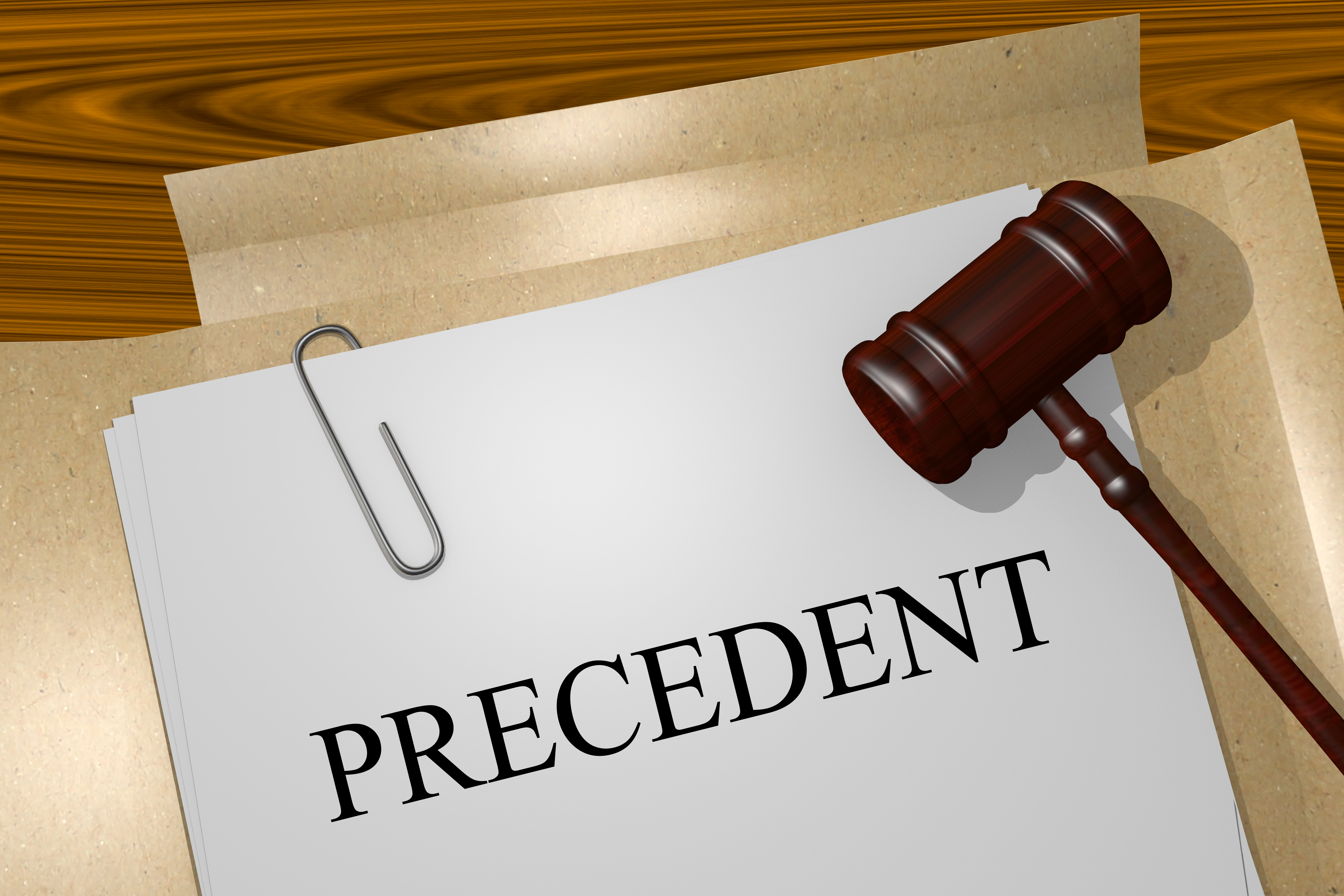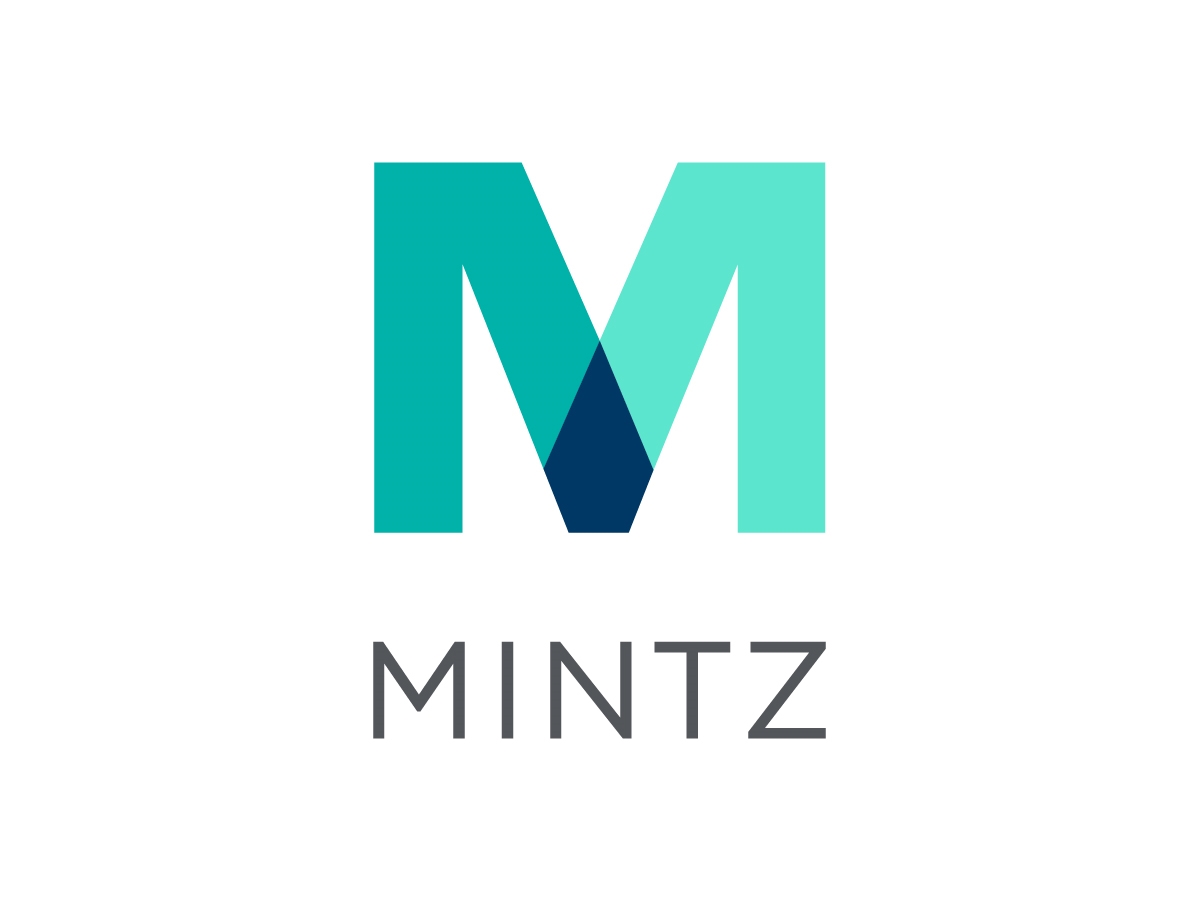As USPTO Begins Accepting Applications for PTAB Pro Bono Program, Inventor Community Calls for Stronger Action to Curb PTAB Abuses
“Until an investigation is properly conducted, the newly established PTAB Pro Bono Program will likely function as little better than an extra chance to obtain patent rights that will be completely annihilated at the PTAB as soon as those rights become commercially valuable.”
On June 7, the U.S. Patent and Trademark Office’s (USPTO’s) Director’s Blog published a post authored by USPTO Director Kathi Vidal announcing that the agency is now receiving applications from inventors seeking free legal assistance to bring ex parte appeals of patent examiner rejections to the Patent Trial and Appeal Board (PTAB). While Vidal’s announcement is certainly welcome news to many inventors who are in financial need, it fails to address larger issues faced by inventors at the PTAB that have been voiced by members of Congress and the inventor community alike in recent months.
The PTAB Pro Bono Program was launched this March by the USPTO in collaboration with the PTAB Bar Association. At that time, the PTAB Bar Association began soliciting for volunteer patent practitioners to provide free legal services to qualified applicants. Since the establishment of the PTAB Pro Bono Program, the USPTO has indicated that, although the program will only be available for ex parte appeals initially, there are plans to expand the pro bono program’s resources to inventors seeking assistance with America Invents Act (AIA) patent validity trials.
Eligibility for inventors seeking assistance through the PTAB Pro Bono Program is limited to inventors who are domiciled within the United States and have a gross household income that is less than three times the federal poverty guidelines. Further, the inventor must have established micro entity status in the patent application subject to the appeal and viewed required training resources about the PTAB Pro Bono Program and the ex parte appeal process. Inventors seeking pro bono assistance must file their application with the PTAB Bar Association within one month of receiving an office action that includes an examiner’s final rejection of patent claims.
Inventor Community Wants Action on PTAB Abuses Destroying Their Business Prospects
Vidal’s recent announcement acknowledges that “navigating the patent system can be difficult at times,” and reiterates her commitment “to ensuring that our intellectual property system remains the dynamic engine of economic growth and national prosperity the framers of our Constitution envisioned.” Many stakeholders in the U.S. patent system, however, are desperately awaiting stronger action from Vidal on other aspects of the PTAB that are essentially holding the property rights of inventors hostage both through the abusive manipulation of legal proceedings and the exorbitant cost of defending patent rights through several AIA trials.
Many of these concerns were recently voiced on IPWatchdog in a post by jump rope system inventor Molly Metz, Founder and Owner of JumpNrope. Metz’s post described a nightmare that has been faced by many independent inventors trying to leverage their patent rights against well-resourced corporate giants infringing on their patents. At the moment that these inventors start to see business success based on their innovative products, efficient infringers move into their market, copying a patented invention and refusing to license the invention with the inventor. Metz wrote that hundreds of companies are infringing on her jump rope system patents, but it only took a pair of petitions for inter partes review (IPR) by major fitness equipment distributor Rogue Fitness to invalidate her patent claims in final written decisions affirmed by the Federal Circuit in a one-word Rule 36 judgment.
Metz virtually attended a USPTO webinar with Vidal in late May and offered the following exhortation to the USPTO Director:
“I want to focus on Ms. Vidal’s words during the webinar. She stated that she wants to encourage innovation and resolve abuse in the PTAB. I challenge her and the rest of the USPTO to look deeper into the abuse by listening and asking inventors what they have experienced at the PTAB. They will find that the PTAB is giving false hope to inventors. Their false hope sounds good out loud, but it is just words and not workable solutions for us… I want Ms. Vidal to work with me, and other inventors. To take a walk in our shoes. To open our cases, review them, and see the struggles we have experienced.”
Blatant Manipulation of IPR Process Needs to Be Addressed
It’s difficult enough for inventors to defend their patent rights against corporate infringers who can file numerous petitions against patent owners. In Metz’s case, her patent claims were invalidated after two IPRs, but there are many other inventors who face several IPR petitions challenging claims from the same patent, often from multiple petitioners who are alleged infringers defending patent cases in U.S. district court. Other patent owners, like VLSI Technologies, have blown the whistle on attempts by PTAB petitioner OpenSky Industries to game the IPR system by making false representations to the PTAB in order to get a petition dismissed in exchange for cash payment from VLSI.
That kind of outright manipulation of a process meant to fairly adjudicate patent rights piqued the interest of Congress just as it was completing the process of vetting President Biden’s nomination of Kathi Vidal to serve as the USPTO Director. A few weeks after her April confirmation, Senators Thom Tillis (R-NC) and Mazie Hirono (D-HI) sent Vidal a letter voicing concerns about OpenSky’s attempt at manipulating PTAB proceedings, noting that OpenSky, a company that sells no products, was seemingly formed in response to VLSI’s massive infringement verdict against Intel in U.S. district court for the purpose of challenging VLSI’s patent claims.
Vidal’s late May response to the Tillis-Hirono letter indicated that more time is needed to investigate the problem of PTAB manipulation and possible solutions.
“A misuse of [the IPR] process conflicts with both the framers’ original intent and the America Invents Act. The USPTO is revisiting its related practices and procedures to make clear that abuses of the IPR process will not be tolerated. I intend to ensure our system works for its intended purpose and to discourage any behavior that works at cross-purposes.”
One can completely understand a public servant’s need for more time to gain a better understanding of a deeply systemic problem that could be affecting operations across an entire federal agency. Indeed, Vidal has recently granted Director review of PTAB decisions to institute IPRs against VLSI patents, giving her a chance to directly address concerns regarding the petitioners in those cases. In written responses delivered to U.S. Senators last December during her nomination process, Vidal stated that PTAB abuses stacking the deck against small businesses and independent inventors “need[] to be investigated.”
For the Molly Metzes of the world, that investigation is long overdue. Until such an investigation is properly conducted, the newly established PTAB Pro Bono Program will likely function as little better than an extra chance to obtain patent rights that will be completely annihilated at the PTAB as soon as those rights become commercially valuable.
Steve Brachmann
Steve Brachmann is a freelance journalist located in Buffalo, New York. He has worked professionally as a freelancer for more than a decade. He writes about technology and innovation. His […see more]






